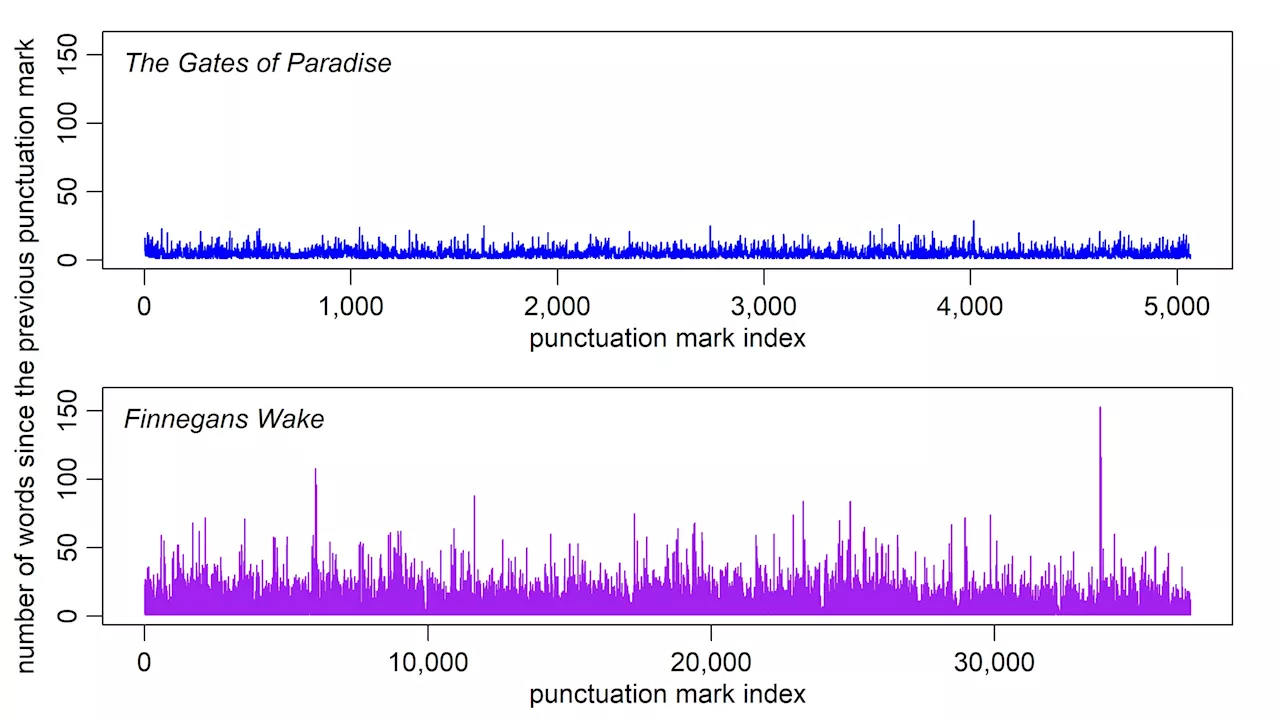Research discovered a unique and promising avenue for diagnosing Alzheimer's disease (AD) earlier -- by analyzing AD biomarkers in blood -- so that the impacts of dementia can be reduced.
Research discovered a unique and promising avenue for diagnosing Alzheimer's disease earlier -- by analyzing AD biomarkers in blood -- so that the impacts of dementia can be reduced.
University of Melbourne researcher Dr Brandon Mahan leads a group of analytical geochemists from the Faculty of Science who are collaborating with neuroscientists in the Faculty of Medicine, Dentistry and Health Sciences to develop a blood test for earlier diagnosis of AD, as described in a paper published inIn a world first, the researchers applied inorganic analytical geochemistry techniques, originally developed for cosmochemistry -- for example, to study the formation and evolution of the...
"Our test is scalable and -- unlike protein-based diagnostics that can break down during storage -- it avoids sample stability issues because it assesses an inorganic biomarker." "My research team -- the Melbourne Analytical Geochemistry group -- seeks partners and support to continue this important research and development."
With the world's population aging, incidence of AD is rising. The number of dementia sufferers is anticipated to double every 20 years and the global cost of dementia is forecast to rise to US$2.8 trillion by 2030. In 2024, more than 421,000 Australians live with dementia. It is the second leading cause of death in Australia and the leading cause for Australian women.
Healthy Aging Medical Imaging Hypertension Alzheimer's Dementia Disorders And Syndromes Intelligence
United States Latest News, United States Headlines
Similar News:You can also read news stories similar to this one that we have collected from other news sources.
 In breakthrough Alzheimer's discovery, research team finds new targets and biomarkers for potential novel therapiesScientists explain how the amyloid beta deposits long known to build up in the brains of Alzheimer's patients serve as a kind of scaffold for the accumulation of other proteins.
In breakthrough Alzheimer's discovery, research team finds new targets and biomarkers for potential novel therapiesScientists explain how the amyloid beta deposits long known to build up in the brains of Alzheimer's patients serve as a kind of scaffold for the accumulation of other proteins.
Read more »
 Research Shows Vitamin Deficiency May Up Alzheimer's Risk By 59%Researchers discovered a connection between poor vitamin D status and the risk of developing Alzheimer's disease.
Research Shows Vitamin Deficiency May Up Alzheimer's Risk By 59%Researchers discovered a connection between poor vitamin D status and the risk of developing Alzheimer's disease.
Read more »
 New Research Reveals Why Diabetes Could Lead to Alzheimer’s DiseaseScience, Space and Technology News 2024
New Research Reveals Why Diabetes Could Lead to Alzheimer’s DiseaseScience, Space and Technology News 2024
Read more »
 These Foods Could Increase Alzheimer's Risk, Research SaysOver 250 existing studies were included.
These Foods Could Increase Alzheimer's Risk, Research SaysOver 250 existing studies were included.
Read more »
 New treatment could be “game-changing tool” in fight against Alzheimer’s, CSU research findsThe combination of drugs targets two brain proteins critical in neuroinflammation, which is involved in brain aging and Alzheimer’s, according to a study published in July in the Journal of Neuroin…
New treatment could be “game-changing tool” in fight against Alzheimer’s, CSU research findsThe combination of drugs targets two brain proteins critical in neuroinflammation, which is involved in brain aging and Alzheimer’s, according to a study published in July in the Journal of Neuroin…
Read more »
 New research analyzes 'Finnegans Wake' for novel spacing between punctuation marksStatistical analysis of classic literature has shown that the way punctuation breaks up text obeys certain universal mathematical relationships. James Joyce's tome 'Finnegans Wake,' however, famously breaks the rules of normal prose through its unusual, dreamlike stream of consciousness.
New research analyzes 'Finnegans Wake' for novel spacing between punctuation marksStatistical analysis of classic literature has shown that the way punctuation breaks up text obeys certain universal mathematical relationships. James Joyce's tome 'Finnegans Wake,' however, famously breaks the rules of normal prose through its unusual, dreamlike stream of consciousness.
Read more »
